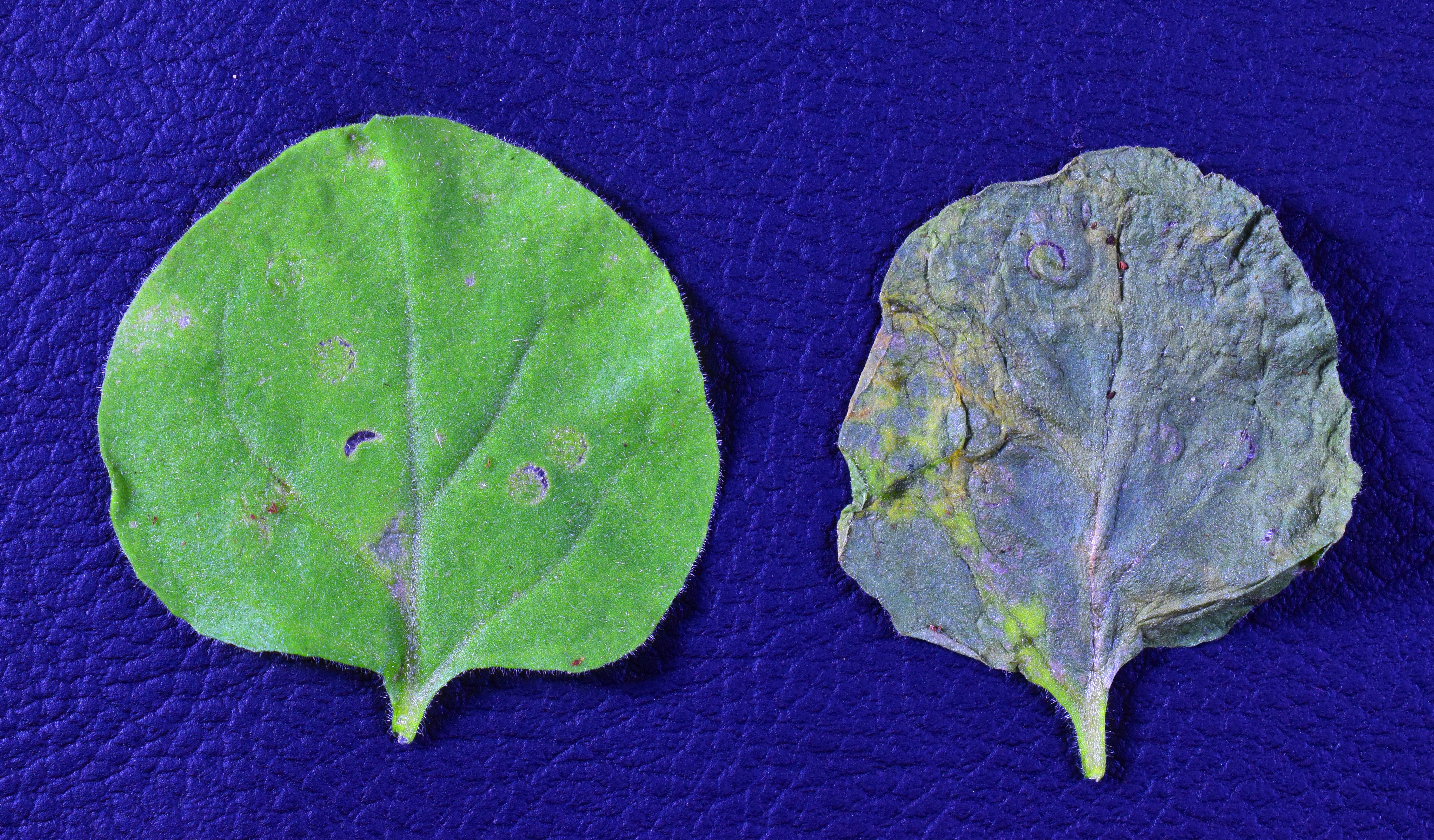
New Eco-friendly Protein Antibiotics Fight Off Crop Diseases
December 18, 2019| |
Scientists from the University of Glasgow have discovered a safe and novel method that can safeguard important crops from the widespread bacterial disease Pseudomonas syringae (Ps). The results of their study are published in Plant Biotechnology Journal.
The researchers genetically modified (GM) plants to produce a protein antibiotic or bacteriocin throughout their lifetime. The bacteriocin is expressed by a harmless soil-living bacteria related to the Ps strain. The GM plants were then able to successfully defend themselves from bacterial infection without environmentally damaging effects.
Ps infects a wide range of crop species worldwide including tomato, kiwifruit, pepper, olive, soybeans, and fruit trees. Plant diseases result to massive economic losses, specifically around 15% of global crops annually (estimated worth of $150 billion), a third of which is due to bacterial diseases like Ps.
For more details, read the news release at the University of Glasgow website.
| |
You might also like:
- Pocket K No. 53: Anti-Allergy Biotech Crops
- Pocket K No. 22: Plant Disease Diagnostics
- Pocket K No. 6: Bt Insect Resistant Technology
Biotech Updates is a weekly newsletter of ISAAA, a not-for-profit organization. It is distributed for free to over 22,000 subscribers worldwide to inform them about the key developments in biosciences, especially in biotechnology. Your support will help us in our mission to feed the world with knowledge. You can help by donating as little as $10.
-
See more articles:
-
News from Around the World
- Nigeria Commercializes Pod Borer Resistant Cowpea, its First GM Food Crop
- Scientists Discover Corn Gene for Abundant Kernels
- Bt Eggplant Can Boost Marketable Yield by 192% in PH
- Philippines Approves Golden Rice for Direct Use as Food and Feed, or for Processing
- Agri-biotech Vital for Future Food Security, Pakistan S&T Minister Declares
- Rothamsted Research Study Finds European Wheat Can Yield Far More Than Current Production
- Research Team Discovers Genes Driving Plant Architecture
-
Research Highlights
- New Eco-friendly Protein Antibiotics Fight Off Crop Diseases
-
Plant
- New Methods Promise to Speed Up Development of New Plant Varieties
- Rice Scientists Use CRISPR-Cas9 to Develop High-yielding Semi-dwarf Rice Lines
-
Read the latest: - Biotech Updates (November 12, 2025)
- Gene Editing Supplement (October 29, 2025)
- Gene Drive Supplement (February 22, 2023)
-
Subscribe to BU: - Share
- Tweet

